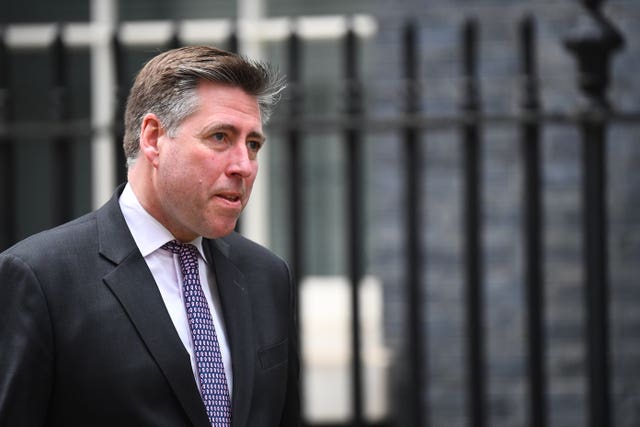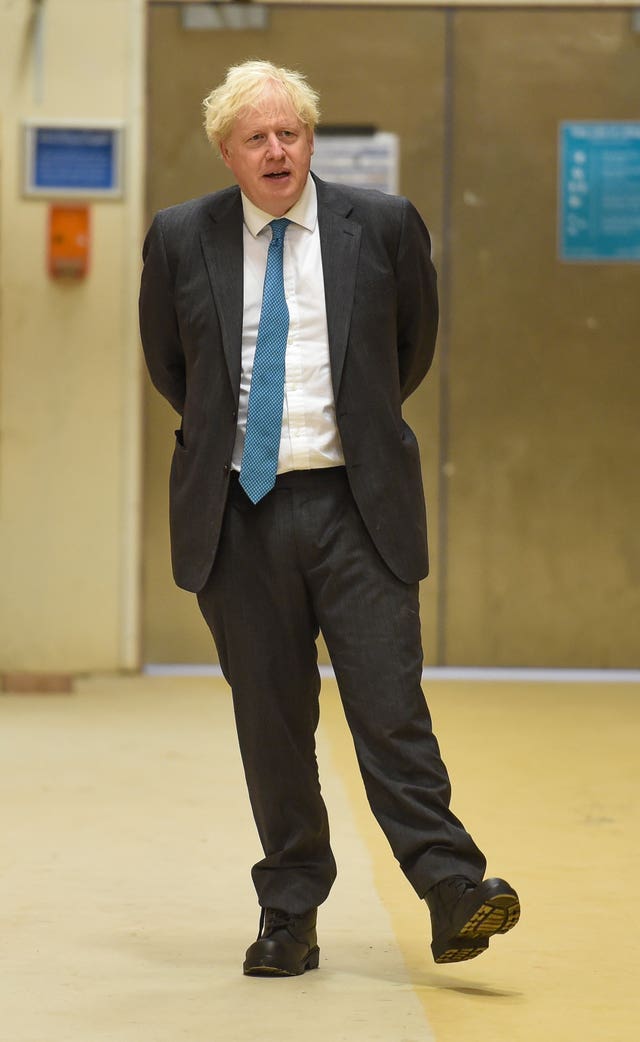
Boris Johnson is under pressure to give MPs a vote on future coronavirus lockdown restrictions in the face of a growing Tory backbench revolt.
MPs are due to vote on Wednesday to renew the powers in the Coronavirus Act enabling ministers to impose sweeping controls amid deepening unrest on the Conservative benches at the lack of democratic oversight.
More than 50 Tory MPs have signed an amendment by the chairman of the influential Conservative backbench 1922 Committee Sir Graham Brady requiring the Government to consult Parliament on any new measures.

With Labour and the Liberal Democrats backing the motion, the rebels believe they have the numbers to defeat the Government – if it is put to a vote.
They may not, however, get the chance, amid reports the Commons Speaker Sir Lindsay Hoyle has been advised it is a “binary” vote, with MPs either agreeing to renew the powers or rejecting them wholesale.
But even if Sir Lindsay – who will announce his decision at the start of Wednesday’s debate – does not call the amendment, the rebels believe ministers will have to respond to the strength of feeling on the backbenches.
Former chief whip Mark Harper said up to 100 Conservative MPs could vote against the Government if they were to be given the opportunity.
“If there’s no compromise, and the Government doesn’t bring something forward, and there’s a vote on Sir Graham’s amendment, the Government will lose, I think that is certain, which is why I’m hopeful that there will be a compromise,” he told Times Radio.
“And for me, the bottom line, and I think for many colleagues, is this idea of having to get Parliament’s approval in advance, not afterwards.”

During a visit to Devon on Tuesday, Mr Johnson said “nobody in their right mind” wanted to impose the sort of restrictions the Government had introduced but said it was essential to keep going with the policy if they were to curb the virus and keep the economy open.
“To deliver it we’ve all basically got to work together and follow the guidance,” he said.
“That’s what I respectfully say to my colleagues in Parliament and they will, as I know they all want, have an opportunity to talk about these issues, to debate them properly, and discuss them as parliamentarians should.”
He also reiterated his commitment to give more regular debates on coronavirus in the Commons and promised that MPs will be able to question the Government’s scientific advisers more regularly.
However his comments did not go far enough for the senior Tory MP Sir Bernard Jenkin, who chairs the cross-party Commons Liaison Committee which includes the chairmen of all the Commons select committees.
In a letter to the Prime Minister on behalf of the committee, he said the “majority of us” support Parliament having a vote “before or immediately after” restrictions come into force.
“The idea that such restrictions can be applied without express parliamentary approval, except in dire emergency, is not widely acceptable and indeed may be challenged in law,” he wrote.


Comments: Our rules
We want our comments to be a lively and valuable part of our community - a place where readers can debate and engage with the most important local issues. The ability to comment on our stories is a privilege, not a right, however, and that privilege may be withdrawn if it is abused or misused.
Please report any comments that break our rules.
Read the rules here